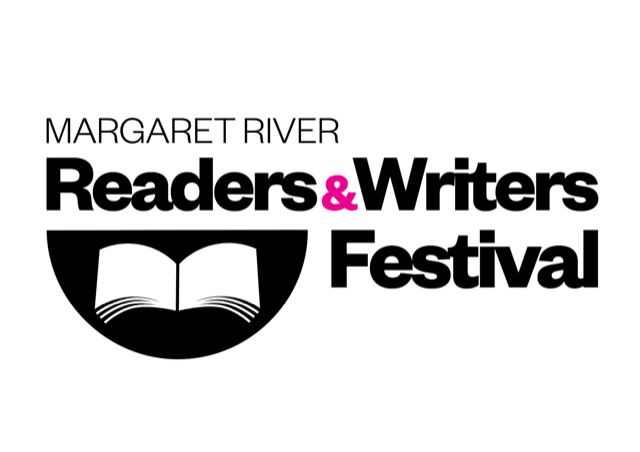An Interview with Tiffany Hastie – Winner of the South West Prize in the 2018 Margaret River Short Story Competition
Your story ‘The Chopping Block’ won the South West Prize in the MR Short Story competition. How did you approach the story from conception through to completion? Were there certain challenges in its execution?
A majority of my writing is speculative fiction. I don’t tend to write about characters in everyday settings very often, so ‘The Chopping Block’ took me by surprise. Marnie’s story came to me naturally; we had been studying short fiction at ECU, so my mind was searching for a short story idea when I went to feed my sister’s dog one day and found myself alone (a very rare occurrence for a mother of four who works and studies). Sitting in her house with only the quiet dog, excited to see me, and the ambient noise from the neighbours going about their close-but-separate daily lives was both exciting and unsettling. It instantly reminded me of growing up on our farm and how isolating it can be. Time seems to move differently when you’re separated, alone and quiet in your landscape. Suddenly Marnie and Kenny were in my head, only she wasn’t enjoying her quiet time like me, she was a woman wanting to be apart from the world but also trapped in her loneliness.
When I started writing ‘The Chopping Block’ I was excited about writing a story with no weird supernatural happenings and no blood for a change. I don’t want to give away spoilers, but I did not see the accident coming. When I write it’s like watching a movie for me, but, slowly, so I often have an idea of the story but no idea what’s going to happen. Looking back at the story after it was finished I could see my own grieving in there. I had lost two family members and my dog recently, and I longed to be alone to grieve. Marnie’s story started out as wish fulfilment for me but quickly became a cautionary tale.
How did you find the editing process? Did you learn anything that you’ll apply in respect to your future work?
Working with an editor and copyeditor to get ‘The Chopping Block’ ready for the anthology was a first for me. Thankfully it was pain free. I found their suggestions and ideas knowledgeable and could feel that they wanted to see my story reach its full potential. The one part I get the most discussion on from early readers is the section on peas. It’s a part that people either understand or are deeply confused by. If I had a dollar for every time someone tried to explain to me that peas are vegetables and so don’t have meat in them I’d have … well, probably enough to buy a couple of kilos of peas. I just keep winking and saying it’s not about peas though, is it?
Sense of place is a strong theme that permeates through ‘The Chopping Block’. How do you think living in the South West has influenced your writing style and what you choose to write about?
Living in the South West has certainly influenced my writing style, especially in ‘The Chopping Block’. The farmhouse Marnie lives in may be a little more traditional than the one I grew up in, but the farm described is certainly the one of my childhood. When Marnie goes out to gather sticks for kindling in the cold afternoon I can smell the damp earth, feel the long, wet grass along the fence line, see the gnarled stick fingers blown from the gum trees high above. There is a deep isolation walking a rural property with only the far-off sounds of cattle, crows, galahs and four-wheelers somewhere you can’t quite place. The terrifying feeling of knowing if something happens you’re on your own, but also the deep exhilaration of being completely unobserved.
Living rurally, you become sensitive to the sights and sounds of the property, always alert for rabbit holes, fallen trees, broken wire, missing animals and wriggly-sticks sunning themselves on the path. You get to know your patch so well you can see it in your mind long after your connection to the place has been geographically severed. For me I notice that my best writing doesn’t happen to me in my office or the library, but when I head out into the bush, immersed in the cacophony of natural sounds and deep silence of the human world.
How do you approach short stories as a writer? Have you noticed certain threads reoccurring in your work or do you explore particular types of characters?
Stories approach me in a couple of ways. One is when I think of a good scene or ending, I become so excited about that one event that I write to get there. This was how I wrote ‘Good Boy’, my recent prose story that won the ECU Talus. The twist ending came to me first and the characters bloomed out of that. The other way stories happen to me is when a character comes into my head and just starts doing things or talking me through their thoughts, I never know where they’re taking me or who they are until I get to the end. With those stories I’m often not even sure if they’re a short story or a novel until I get to end. Marnie and Kenny from the ‘Chopping Block’ came to me like that.
Often my short story characters are alone, either physically or mentally, and, without wanting to sound to deep, I think that is substantially true of all humans in real life. Many of my characters live in isolation and conflicts that drive their stories happen either when they try to break out of this loneliness or someone else tries to get in. Maybe it’s because, as much as I love the people around me, I enjoy being alone. I always say if I didn’t have a family, I’d never leave the house.
You’re currently studying a Bachelor of Arts, with a major in Writing and Literature and a minor in Children’s Literature, at Edith Cowan University. How does formal study feed into your own creative exploration?
As a mature age student, I was worried about returning to formal study after such a long hiatus. I did it for one reason only: to improve my writing. But I have found it has done so much more for me. It has widened my reading, given me the language to describe my writing and others, and given me the confidence to pursue the tendrils of inspiration that I was dismissing before thinking they weren’t ‘solid’ enough. This confidence to pursue unusual ideas has led to the creation of some of my favourite stories to date. Plus, I get to write essays. I love essays. I know, it’s weird.
Tell us, who are your favourite writers? And who influences your writing style the most?
I was not a natural reader in my childhood. I was always busy climbing a tree or acting out some fantasy story in my head in the bush around our farm; sitting still to read a book seemed boring to me, a hilariously weird prospect now that I’m trying to be an author. The first book to influence me was Isobelle Carmody’s Green Monkey Dreams, a collection of short stories, a little bit sci-fi, a little bit fantasy, a little bit dream-like. Those stories really opened up my mind to what writing could be, to the kind of subjects you can project. My second influence was Tomorrow When the War Began by John Marsden, this was the first novel I ever read end to end – the fast-pace, the realistic characters, the distinctly rural Australian setting – I was hooked instantly. I met both of these authors a few years ago at the Margaret River Readers and Writers Festival and it was a very surreal experience, still one of the best of my life. My influences have been broadened in the last few years while completing my degree: Charlotte Wood, Meg McKinlay, Cormac McCarthy, Leonora Carrington, Ursula Le Guin, and Kim Scott have all become favourites. I like my reading raw, breath-taking and bizarre, sparse prose with characters pushed to the limits in gothic settings, and I think my writing naturally follows this style.
Tiffany Hastie won the South West Prize in the 2018 Margaret River Short Story Competition with her short story ‘The Chopping Block’, which will appear in Pigface and Other Stories, to be released in June 2018. She is currently studying a Bachelor of Arts, with a major in Writing and Literature and a minor in Children’s Literature, at Edith Cowan University in Bunbury. She recently won the Talus Prize for her prose piece ‘Good Boy’ and was commended for her poem ‘The Stick Game’.
Tiffany Hastie will be talking at the Margaret River Readers & Writers Festival. For more information please visit the Festival’s website.

